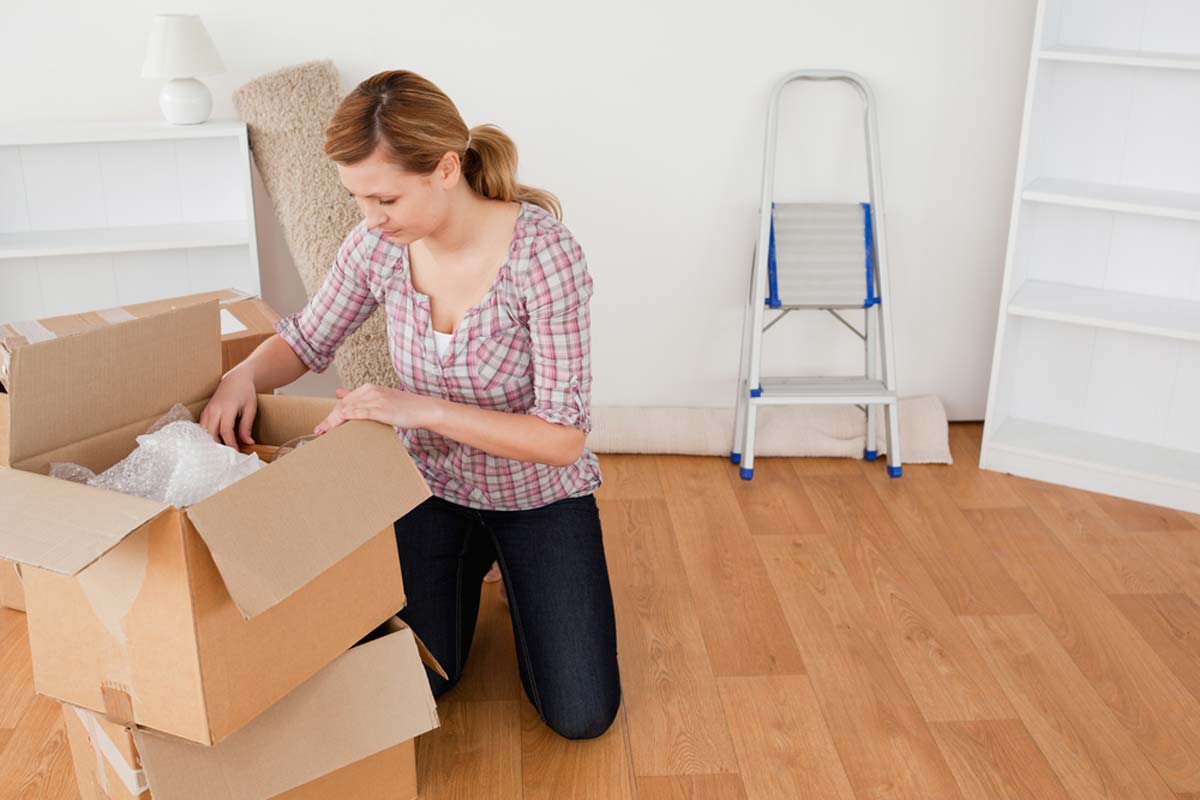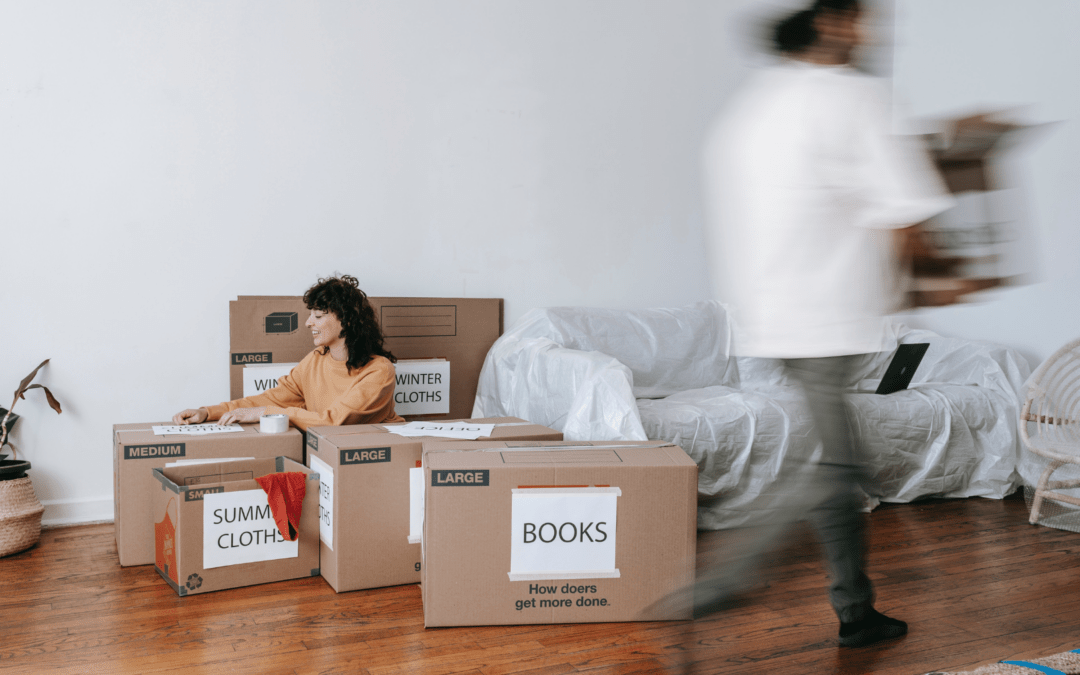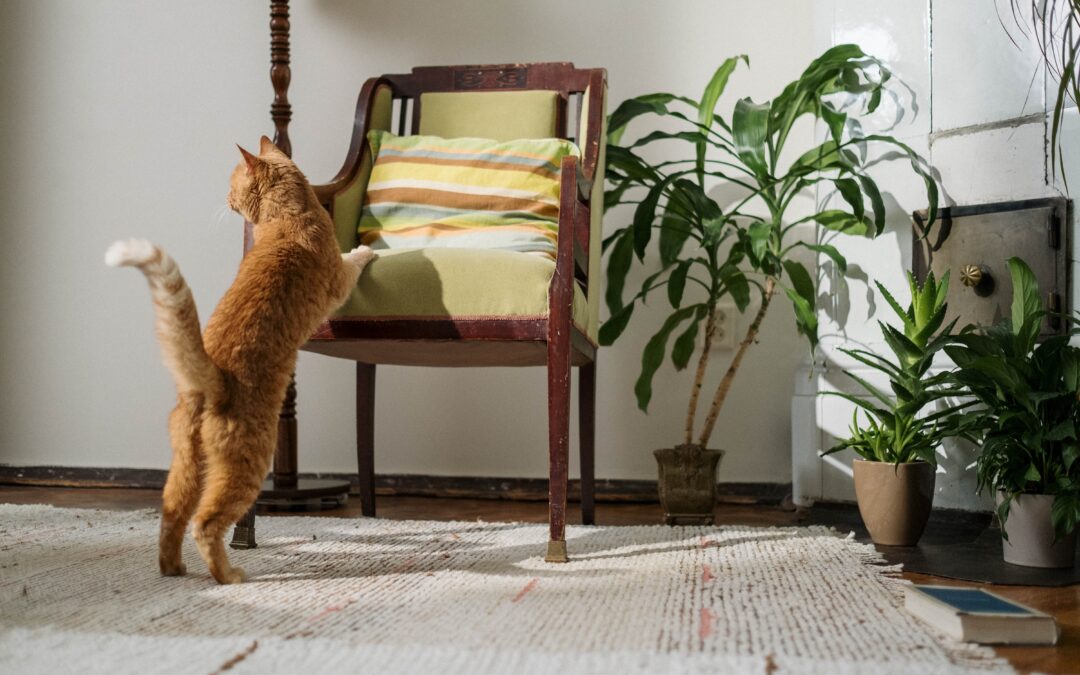For many of us our spare room is a place where we store all those things we don’t know what to do with.
But this under-utilised space is undergoing a rebirth as more and more people are letting their spare rooms to lodgers.
Often, the key to harmony depends on the tenant fitting in with their landlord’s lifestyle (i.e. not sitting in the living room watching television, while they’re trying to have a dinner party).
But, provided lodgers and landlords establish ground rules at the start, it can be a mutually beneficial relationship. The landlord has an extra source of income, and the lodger gets a roof over his or her head. What’s more, there’s no shortage of demand.
Whether you intend to rent a room in a house or let it, OnTheMarket has put together nine facts and tips which may help you make your mind up.
1. The rise of ‘The Rigsby Effect’
Remember the television series Rising Damp, in which the landlord Rigsby, played by Leonard Rossiter, rented out rooms? According to the insurance firm Liverpool Victoria, the number of homeowners renting out a spare room has increased from 1.4 per cent to 2.7 per cent in the past five years.
2. There are plenty of spare rooms out there
It is estimated that there are 15 million unused bedrooms in England alone. And since 2011, there has been a 70 per cent increase in the number of landlords looking for lodgers, says SpareRoom.co.uk.
3. Aberdeen is a hot spot
Two universities, one college, plus an offshore oil industry have meant a 140 per cent increase in the number of “lodger wanted” advertisements in the past two years, according to Spareroom.co.uk. Just under half these landlords say they couldn’t pay their mortgage without rent from a lodger. Move to the Granite City, and the cost of renting a room in someone’s house is now £549 per month.
4. You can rent in the week only
It’s called “fractional” renting. So if your work takes you away during the working week, you can return at the weekend.
5. You don’t get bills
Rent a room in a house and your monthly payment should cover lighting, heating, electricity, hot water and council tax.
6. Get it in writing
It’s best for both sides to sign a rental agreement. You have to establish ground rules and not just on business matters. Most important of all, lodgers need to know if they are allowed to use the sitting room in the evenings and at weekends.
7. An income of £7,500 tax free
Having a tenant will push up your insurance premium. And if you earn more than £7,500 per year from renting out your spare room, you become liable for tax on those extra earnings, under the Government’s Rent A Room scheme.
8. How much should tenants expect to pay?
The average monthly cost of renting a spare room is £5,593 per year (roughly £500 per month), rising to £7,667 in London (£638 per month). That’s just for one room. The overall average rent in the UK is £902 per month (£819 this time last year), according to the HomeLet rental index. Rents vary hugely, depending upon the size of room and where you live: £450-£1,000 per month in London, £300-£400 in Manchester and Birmingham.
9. Check out the legal dos and dont’s
If you rent out a room you must ensure your home complies with fire regulations, make sure your boiler is serviced every year by a CORGI registered engineer and that all electrical appliances are safe to use.






